Alzheimer’s disease involves the development of multiple cognitive deficits, including memory impairment and impairment of functions such as language, praxias, gnosias or executive functions. The progressive loss of these cognitive abilities makes it important to focus on these areas to achieve a delay in the progression of dementia. Some of the most common symptoms are memory loss, confusion, inattention or mood changes. These indicators help in the early detection of Alzheimer’s disease, which is vital to slow down its effects as much as possible with cognitive stimulation. Adequate intervention in the early stages of Alzheimer’s disease by a neurorehabilitation professional stimulates the creation of new neuronal connections.
NeuronUP’s cognitive stimulation program allows neuropsychologists and occupational therapists to adapt each activity to the particularities and needs of each patient, delaying the neurodegenerative effects of the disease. The examples of cognitive stimulation exercises for people with Alzheimer’s disease described here have been developed by NeuronUP and have been designed to train cognitive skills involved in the main functions of daily life, and are available to all professionals working with the neurorehabilitation field.
Cognitive stimulation activities to work with Alzheimer’s
Continue reading for some examples of NeuronUP activities to help stimulate those affected with Alzheimer’s disease.
1. Household Objects
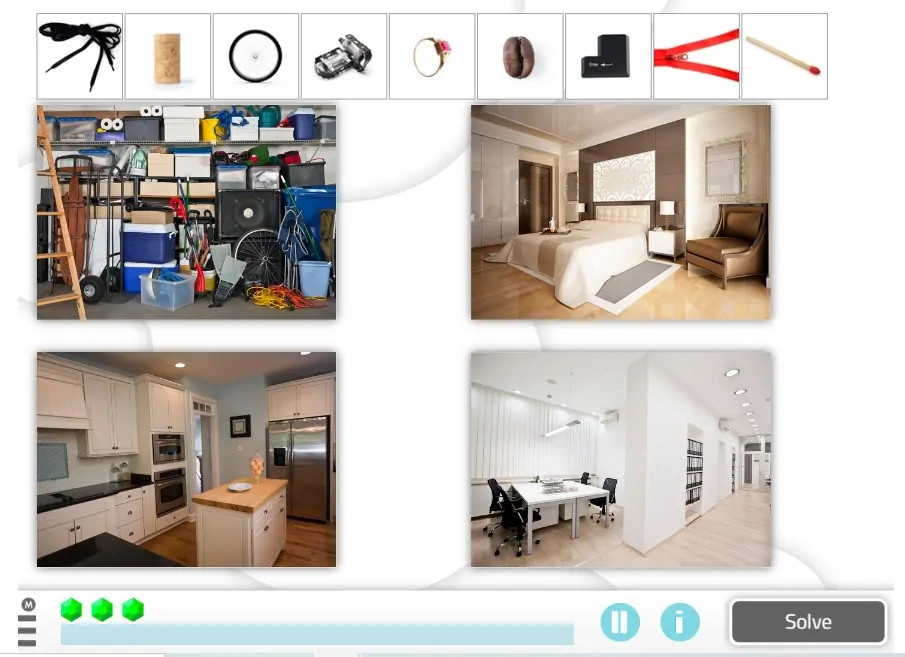
This activity makes the therapist’s work easier because it seems familiar to the patient. The person is presented with different images of objects that must be placed in the rooms of the house where they belong. Apart from working on maintaining this basic activity of daily living, semantic memory and reasoning are also trained with this task.
The simulation of this instrumental activity of daily living is directed at persons with early stage Alzheimer’s. As you can see in the image, the simulation of withdrawing money from an ATM is very realistic. This task aims at learning to withdraw money from an ATM or performing an activity that was deteriorating due to the effects of the disease. Like in all cognitive rehabilitation exercises, this task targets various processes, especially language and executive functions.
2. Get Dressed
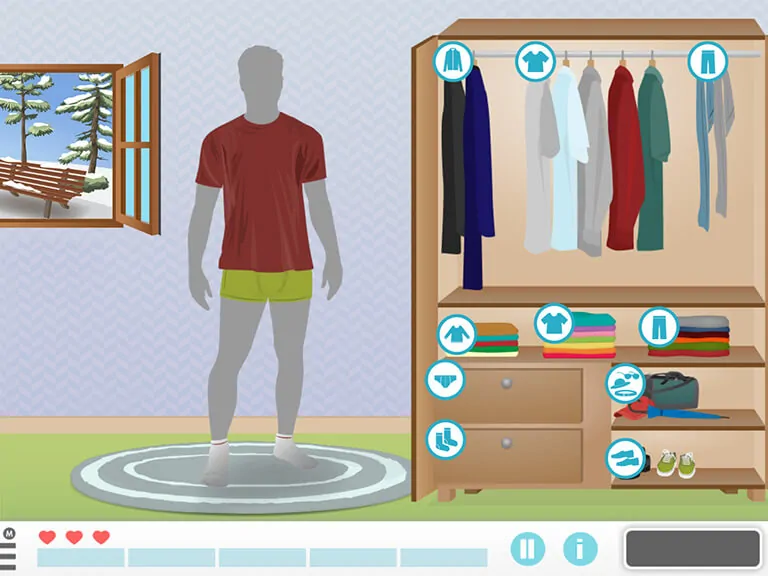
The family of a patient with Alzheimer’s is going to appreciate very much that you practice this activity. The task involves dressing a doll figure appropriately, taking into account both the part of the body where each item of clothing goes and dressing in a sequential fashion, as well as selecting clothing appropriate to occasion. This activity focuses on procedural memory, body schema, ideational praxis, semantic memory, and planning.
3. Accurate Payments (use your local currency!)
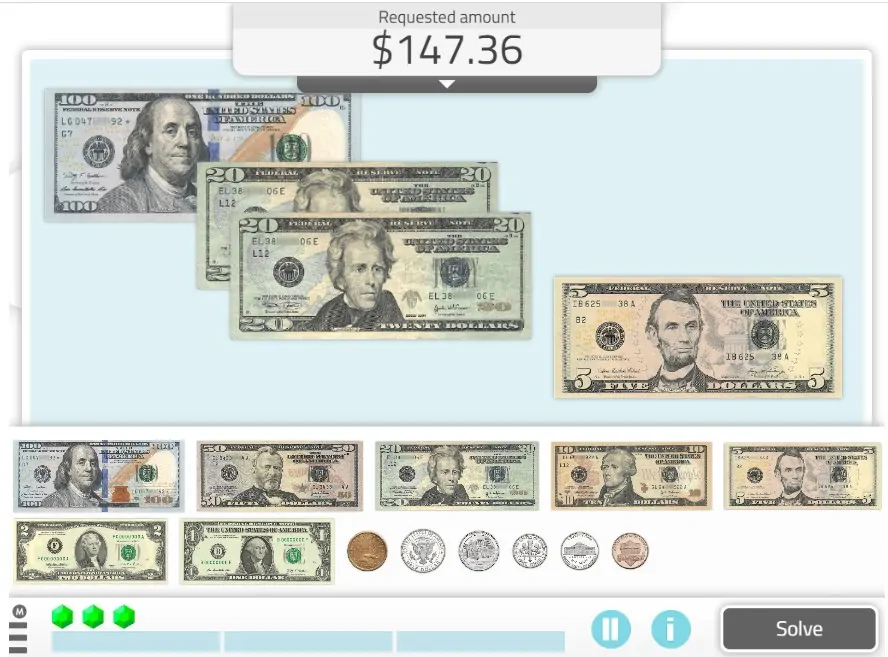
This is another activity with clear benefits for daily life. To maintain the ability to pay at stores turns out to be very stimulating for the patient even if done under the close supervision of a relative or caregiver. In this task, the therapist encourages the person with Alzheimer’s to select the requested amount of money correctly. The exercise is aimed at training working memory, shopping skills, and planning.
4. Objects, Places and Professionals
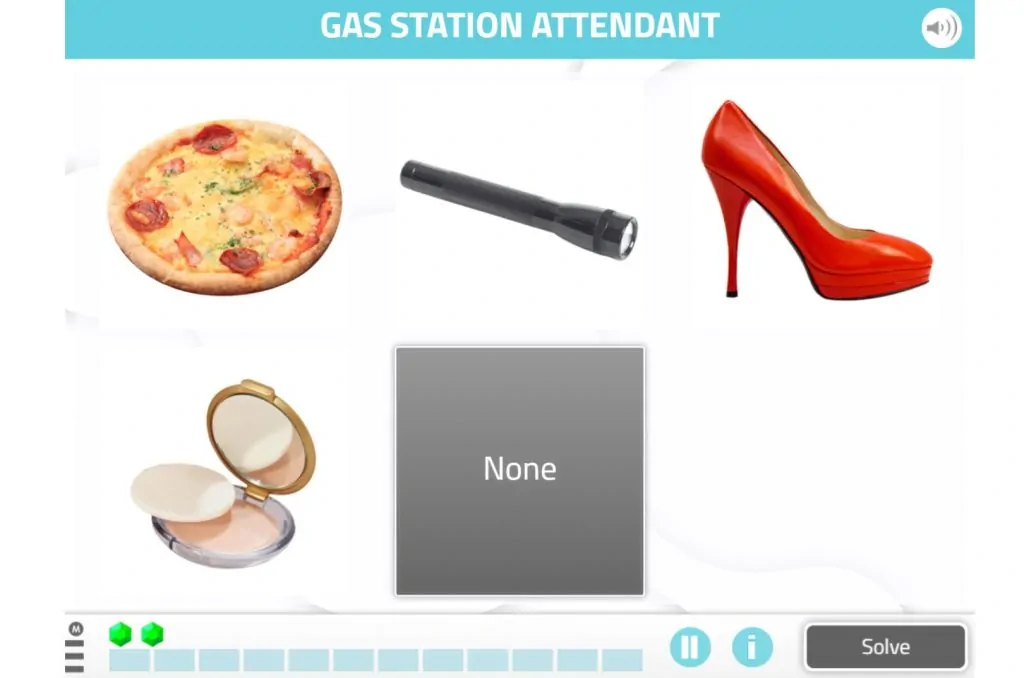
This exercise involves connecting different objects to the places where they can be purchased and the professionals who work in these places. With this type of activity there can be numerous alternatives, starting with something as simple as changing the places and objects every time. It focuses on training semantic memory, spatial orientation, and gnosis.
5. Task Sequencing (written)
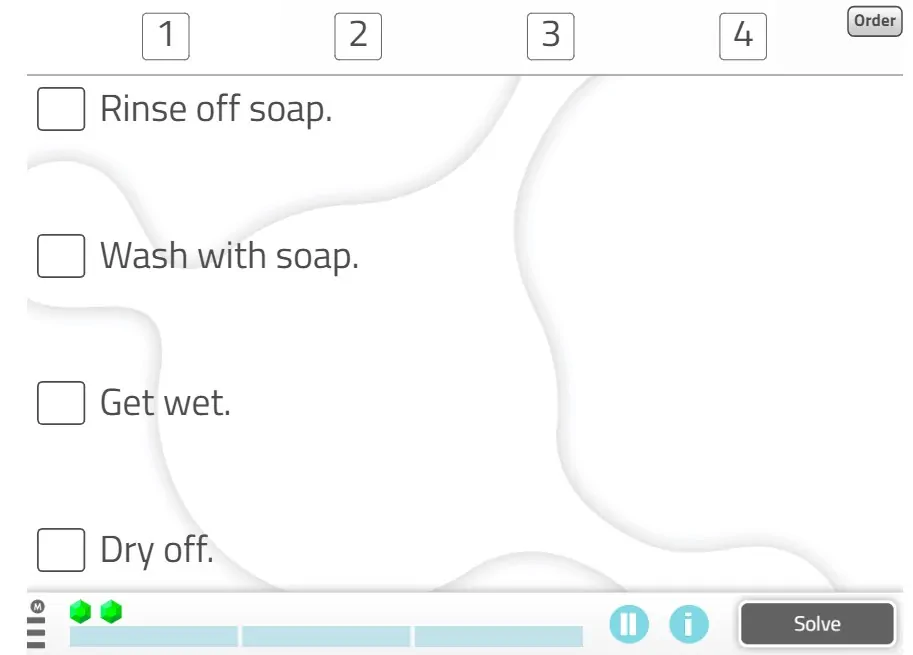
Sequencing, a classic in stimulation and neurorehabilitation, is another type of activity that allows for much creativity. There are so many daily activities that can be divided into steps! The idea of this exercise is simple: to order a series of steps according to a predefined criterion (temporal, visual, etc.).
6. Memorize the Order (open memorization time)
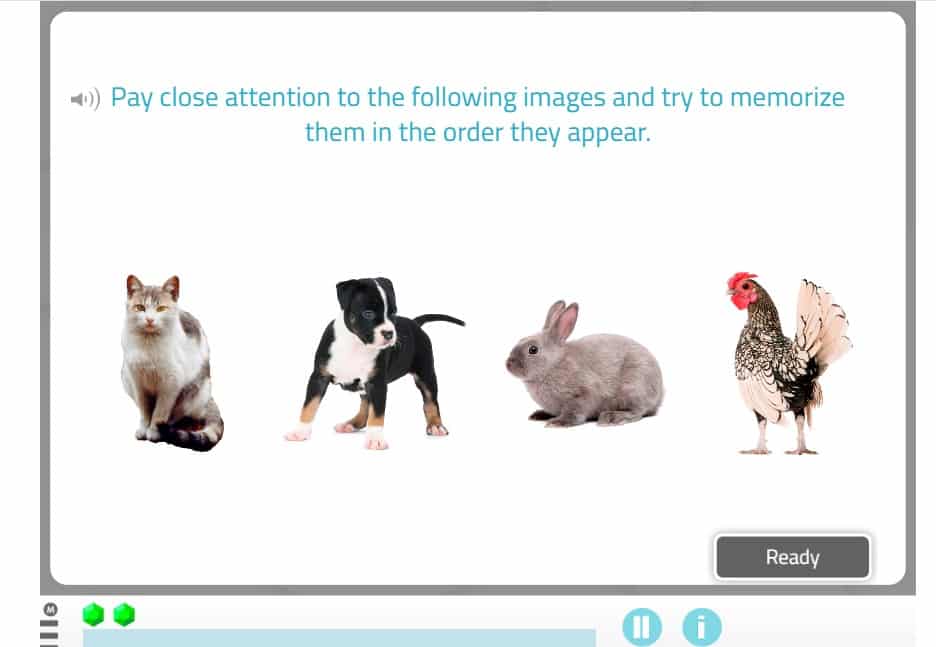
Another sequencing activity allows us to see how much benefit can be generated from this type of activity.
In this case, the therapist urges the client to memorize the order of the animals displayed. Afterwards, the patient with Alzheimer’s must order them in the boxes as they appeared in the image from memory. This exercise trains episodic memory and working memory.
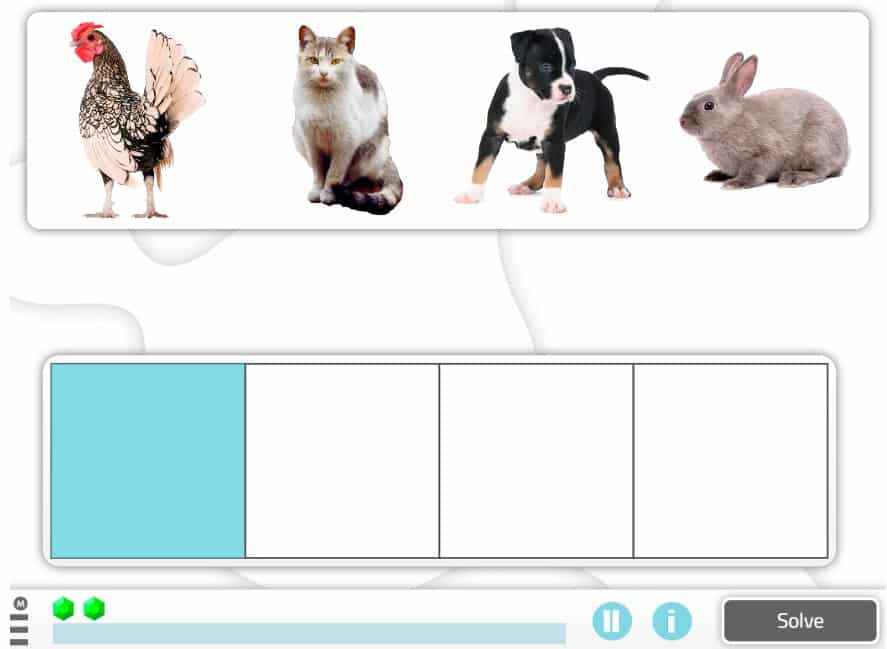
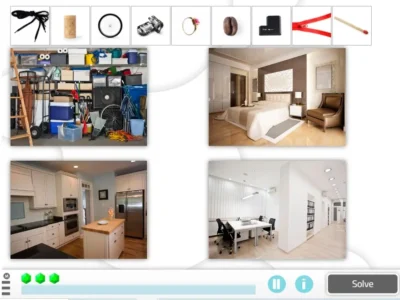
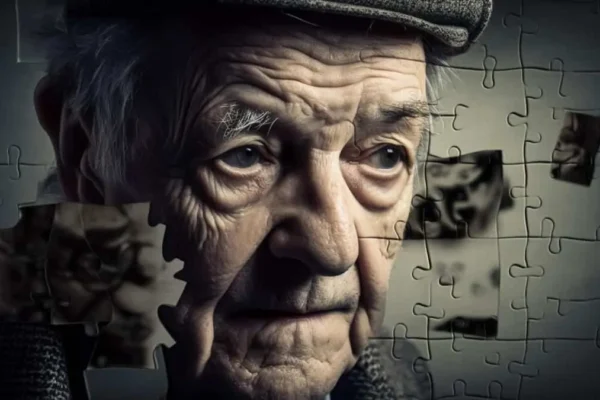
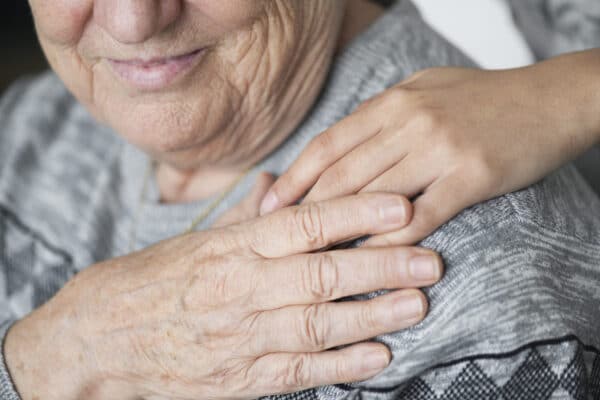

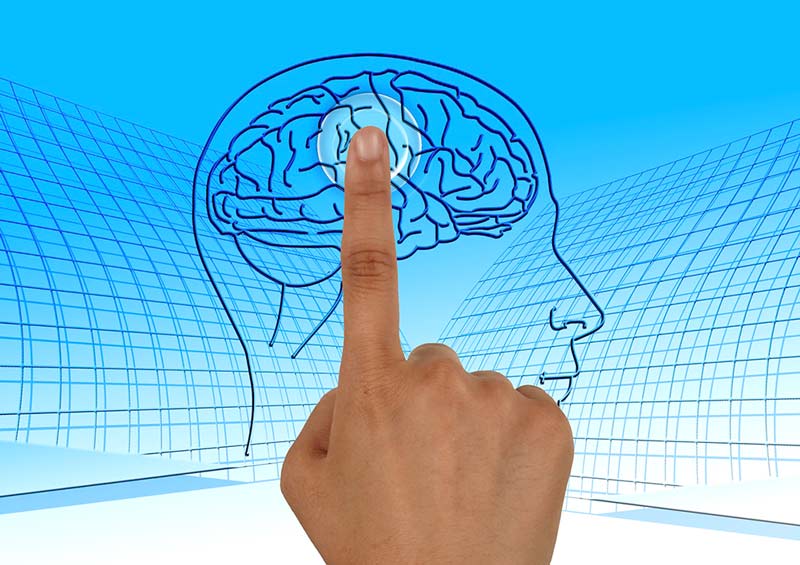 The Sexual Brain: Neuroscience and sex-related differences
The Sexual Brain: Neuroscience and sex-related differences
Leave a Reply